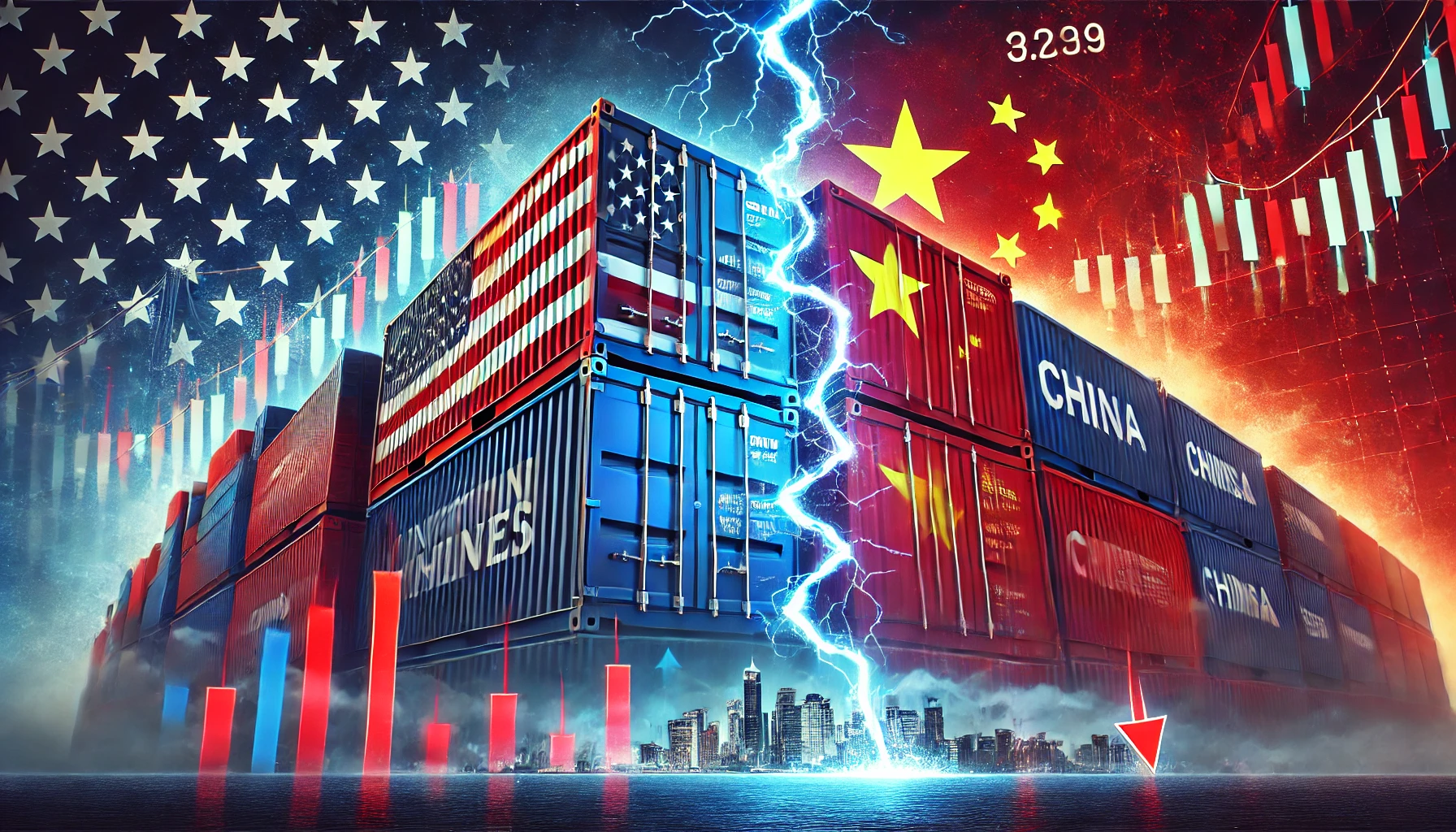The Rising Trade Dispute and Its Impact on Global Markets
The ongoing trade dispute between the United States and China has taken a sharp turn, with both nations imposing new tariffs on billions of dollars’ worth of goods. This latest escalation is reigniting concerns over global economic stability, supply chain disruptions, and increased market volatility. As investors assess the ramifications, the heightened tensions pose both risks and opportunities for various industries.
A Renewed Trade War: Key Developments
The U.S. administration recently announced a new round of tariffs targeting Chinese imports, citing unfair trade practices and intellectual property concerns. In response, China imposed retaliatory tariffs on key American exports, including agricultural products, semiconductor components, and automobiles. The impact of these measures is expected to ripple across multiple sectors, further straining an already fragile global economy.
According to The Wall Street Journal, these new tariffs could significantly impact multinational corporations with substantial business ties to China. Companies in the technology, manufacturing, and consumer goods sectors face the immediate challenge of increased costs and reduced profit margins. Analysts warn that if the situation escalates further, global GDP growth projections could be revised downward.
Why This Matters for Investors
For investors, the implications of heightened trade tensions are significant. Historically, trade wars have led to increased market volatility, currency fluctuations, and shifts in supply chain strategies. Some key concerns include:
- Stock Market Volatility: Equity markets often react negatively to economic uncertainty, with major indices experiencing sharp declines upon announcements of new tariffs.
- Sector-Specific Risks: Industries such as semiconductors, automotive, and agriculture are particularly vulnerable due to their reliance on global trade.
- Impact on Inflation: Tariffs lead to higher costs for businesses, which may be passed on to consumers, contributing to inflationary pressures.
Future Trends to Watch
While the current trade dispute presents significant risks, investors should also be aware of potential opportunities. Some trends to monitor include:
- Reshoring & Supply Chain Shifts: Companies are increasingly seeking alternative manufacturing hubs outside China, benefiting economies such as Vietnam, India, and Mexico.
- Policy Responses: Central banks may adjust monetary policies to counteract trade-induced economic slowdowns, potentially influencing interest rates and currency values.
- Trade Negotiations: Any signs of diplomatic progress between the U.S. and China could provide relief to the markets and create new investment opportunities.
Key Investment Insight
Given the unpredictable nature of trade relations, diversification remains a crucial strategy for investors. Those with exposure to industries highly affected by tariffs should consider hedging their risks through diversified holdings, including commodities, emerging markets, or defensive stocks in sectors such as healthcare and utilities.
As trade negotiations continue, staying informed on policy developments and economic indicators will be essential. Investors should closely follow updates from reputable financial sources and adjust their strategies accordingly.
Stay Ahead with MoneyNews.Today
For ongoing analysis and expert insights into global financial developments, stay connected with MoneyNews.Today. We bring you timely updates on market trends, investment opportunities, and economic shifts that matter most to investors.





